What is Adverse Credit? Understanding the Impact on Your Financial Life in 2024
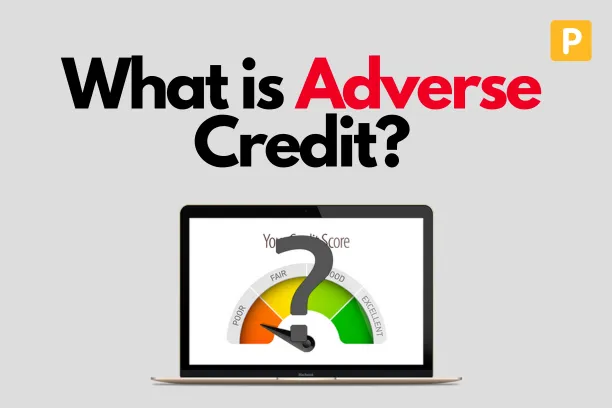
Introduction
Ever felt like your financial dreams are slipping through your fingers, with invisible barriers blocking your path? Welcome to the world of adverse credit – a financial reality that can turn your monetary aspirations into a challenging maze. Imagine applying for a loan, only to be met with a stone-cold rejection, or dreaming of that perfect rental property, only to have your application tossed aside. This is the harsh reality for millions of individuals grappling with adverse credit.
Let me break it down for you. According to recent financial studies, approximately 17% of adults in the UK have some form of adverse credit history that significantly impacts their financial opportunities. That’s nearly one in five people wrestling with credit challenges that can feel like an insurmountable wall. But here’s the good news: understanding adverse credit is the first step to breaking through that wall.
Adverse credit isn’t just a fancy financial term – it’s a real-life obstacle that can touch anyone’s life. Whether you’ve missed a few payments, faced unexpected financial hardships, or found yourself entangled in complex financial situations, adverse credit can emerge as a silent disruptor of your financial goals. In this comprehensive guide, we’ll dive deep into what adverse credit really means, how it impacts your life, and most importantly, how you can navigate and overcome these challenges.
Defining Adverse Credit: What Exactly Does It Mean?
Alright, let’s get down to brass tacks. Adverse credit is more than just a bad credit score – it’s a detailed record of financial behaviors that scream “financial risk” to potential lenders. Picture it like a financial report card that follows you around, except instead of gold stars, you’ve got red flags.
When I first learned about adverse credit, I was shocked by how many seemingly small financial missteps could create long-lasting consequences. We’re talking about:
- Late payments that snowball into major credit issues
- Defaults on loan agreements
- County Court Judgments (CCJs) against your name
- Bankruptcy or individual voluntary arrangements (IVAs)
The key difference between adverse credit and simply having a poor credit score is the severity and documented history of financial challenges. It’s like the difference between a minor scratch and a full-blown dent in your financial reputation.
Financial institutions use these adverse credit markers as warning signs. They’re essentially saying, “Hey, this person might be a higher risk for lending money.” It’s not personal – it’s purely a risk assessment game.
Common Causes of Adverse Credit
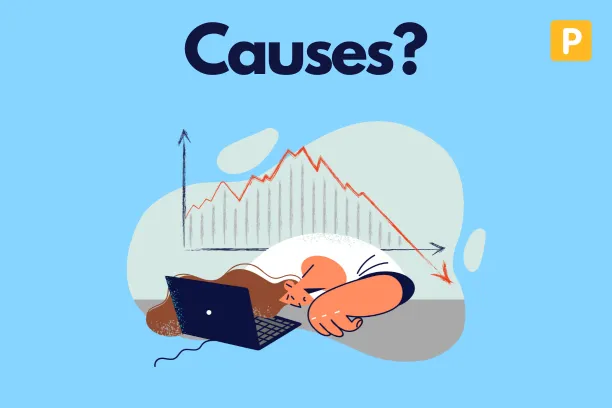
Let me tell you, adverse credit doesn’t just happen overnight. It’s usually a culmination of various financial challenges that have been brewing for some time. I’ve seen countless scenarios where good people find themselves in tough financial situations.
The most common culprits include:
- Consistent late or missed payments on credit cards, loans, or mortgages
- Unexpected job loss leading to financial strain
- Medical emergencies that drain financial resources
- Divorce or separation causing financial upheaval
- Multiple hard credit inquiries in a short period
- Defaulting on loan agreements
One client I worked with had adverse credit due to a medical emergency that forced her to miss several mortgage payments. Another faced challenges after a unexpected redundancy. The point is, adverse credit can happen to anyone – and it’s rarely a reflection of someone’s character.
County Court Judgments (CCJs) are particularly tricky. These legal orders can be issued when you fail to repay money you owe, and they stick to your credit file like glue. Even a single CCJ can send your credit opportunities spiraling.
How Adverse Credit Affects Your Financial Life
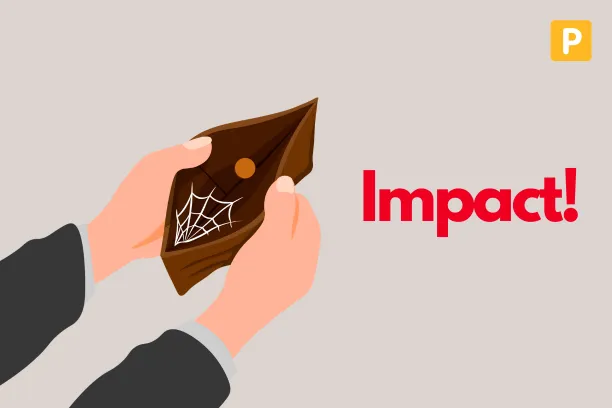
Buckle up, because the impact of adverse credit is like a financial domino effect. It’s not just about being denied a credit card – it’s much more comprehensive and potentially life-altering.
First off, loan and credit applications become a nightmare. Imagine walking into a bank, hope in hand, only to be met with a sympathetic but firm rejection. Traditional lenders will either:
- Completely reject your application
- Offer credit at extremely high interest rates
- Require substantial additional security or guarantors
But it doesn’t stop there. Adverse credit can affect:
- Rental applications (landlords often check credit history)
- Employment opportunities in financial sectors
- Ability to get mobile phone contracts
- Insurance premium rates
I once helped a client who was denied a rental apartment due to adverse credit, despite having a stable job and income. The ripple effects can be brutal and unexpected.
Strategies for Managing and Improving Adverse Credit
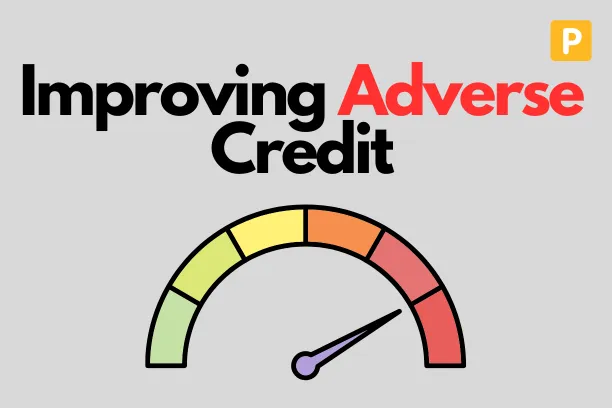
Here’s where things get hopeful. Adverse credit isn’t a life sentence – it’s a challenge you can overcome with the right strategy and persistence.
First step? Get your credit report. Knowledge is power, and understanding exactly what’s on your file is crucial. Look for:
- Incorrect entries you can challenge
- Outdated information that should be removed
- Patterns in your financial behavior
Some practical strategies include:
- Setting up automatic payment reminders
- Consolidating debts
- Using secured credit cards to rebuild credit
- Working with a credit counseling service
- Creating a strict budget and debt repayment plan
Pro tip: Some specialized lenders offer products for people with adverse credit. They might charge higher interest, but they can be a lifeline for rebuilding your financial reputation.
For comprehensive official financial guidance on managing your credit, there are resources available to help you navigate these challenges.
Legal and Consumer Protection Considerations
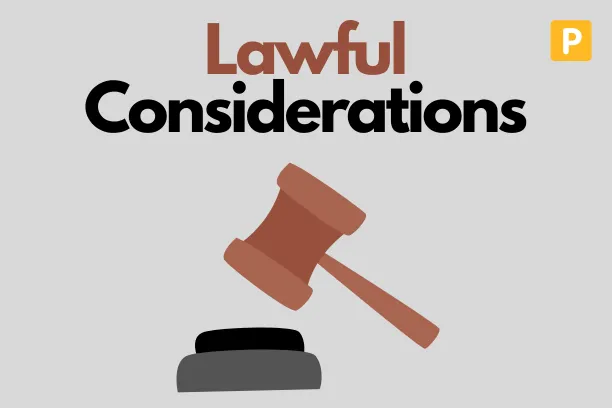
You’re not alone in this journey. Various regulations protect consumers with adverse credit:
- The Financial Conduct Authority (FCA) provides guidelines
- Credit reports must be accurate and fair
- You have the right to dispute incorrect entries
- After six years, most adverse credit entries are automatically removed
Conclusion
Adverse credit might seem like a mountain, but it’s just a series of steps you can climb. Understanding is your first tool, strategy is your second, and persistence is your ultimate weapon. Your past challenges don’t define your financial story, but by how you respond to them.
Take action today. Review your credit report, create a plan, and start rebuilding. Your future financial self will thank you!
Would you like me to make any modifications or do you need any additional details about the content?
